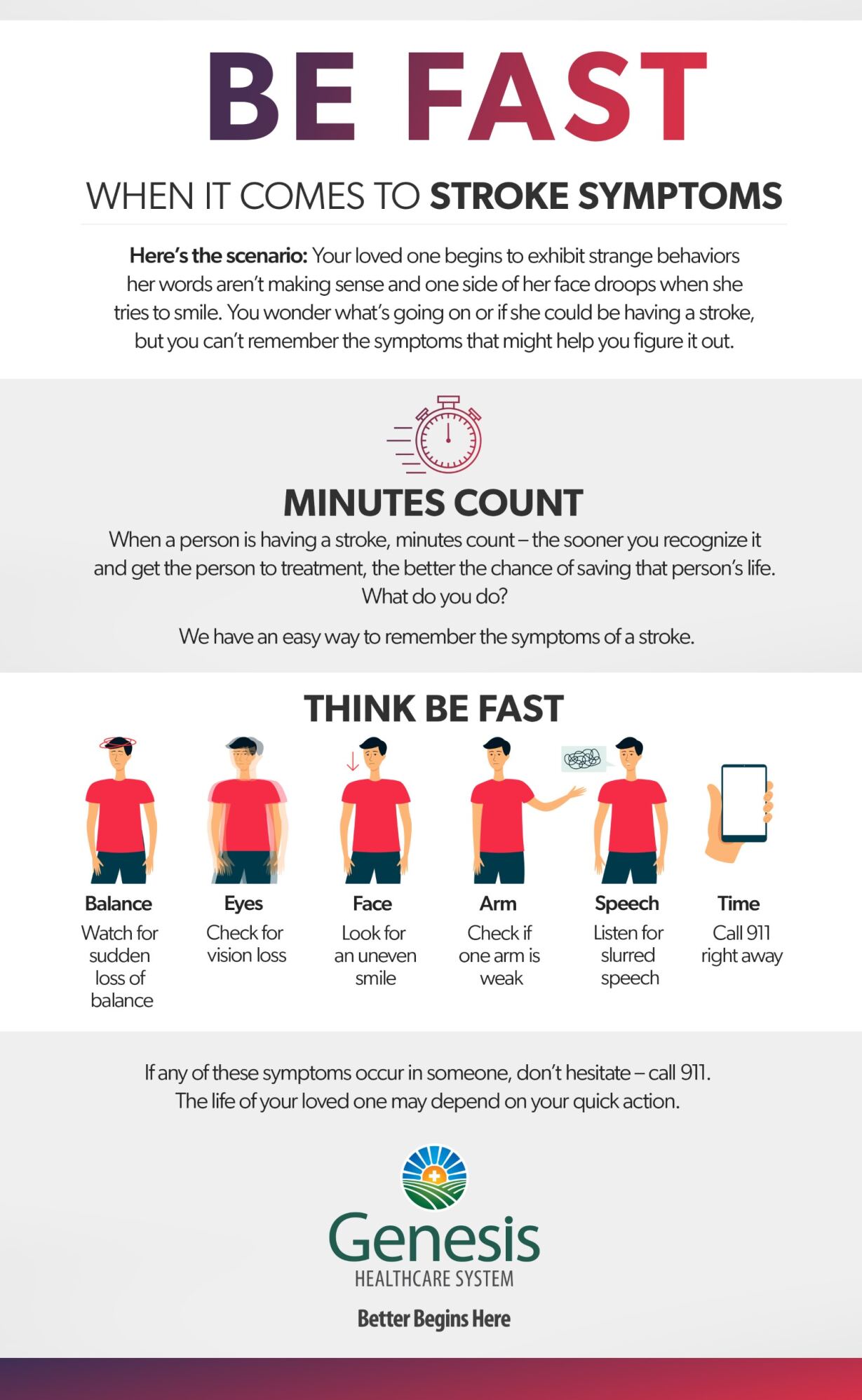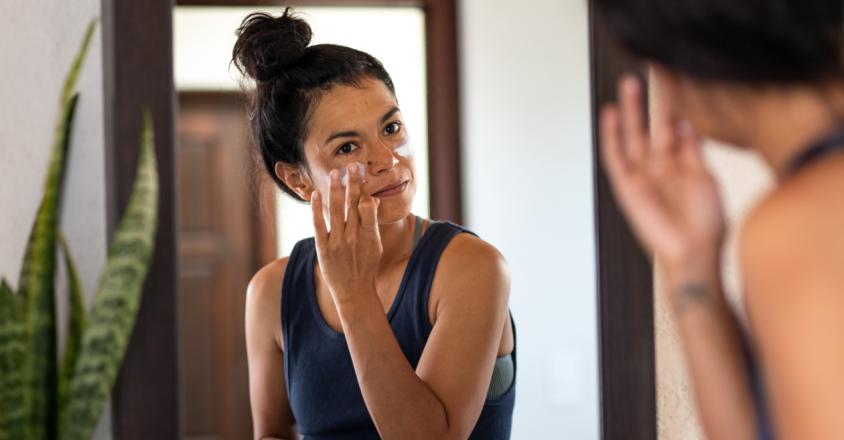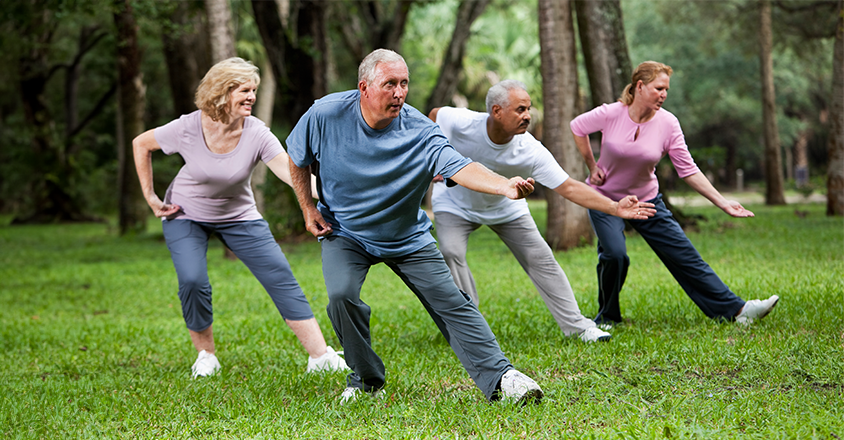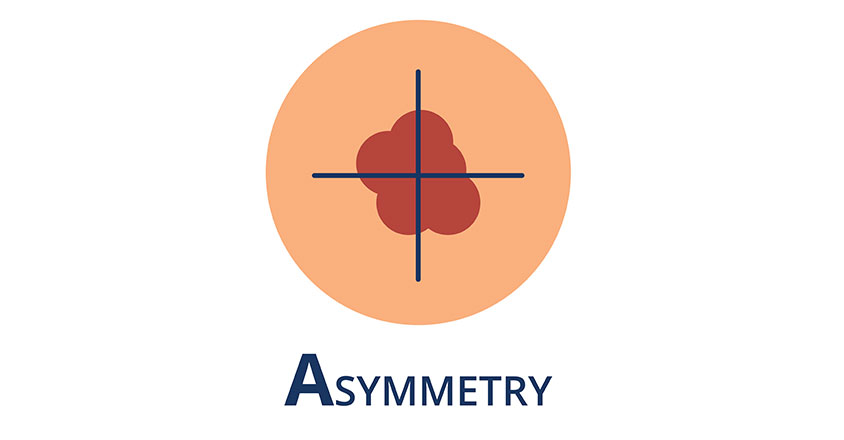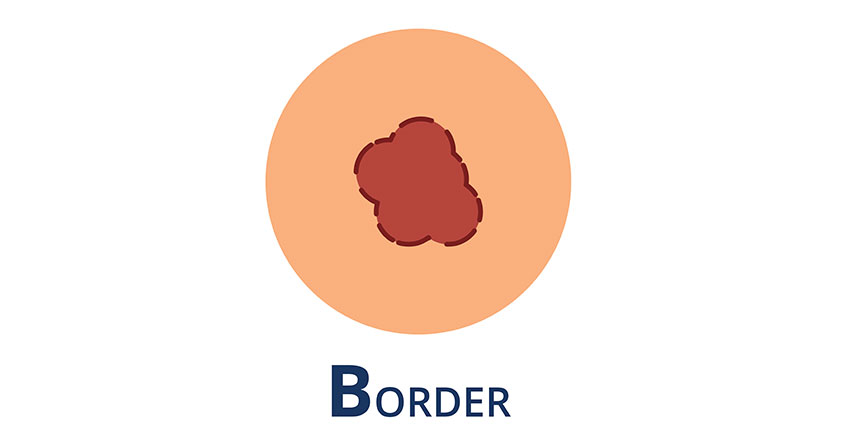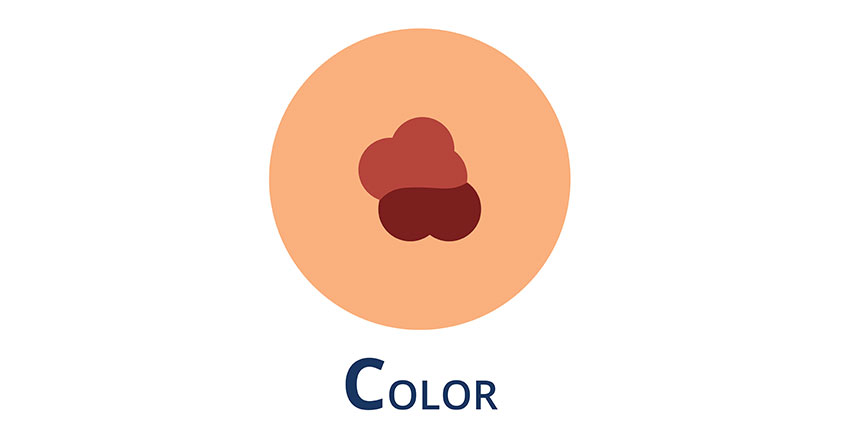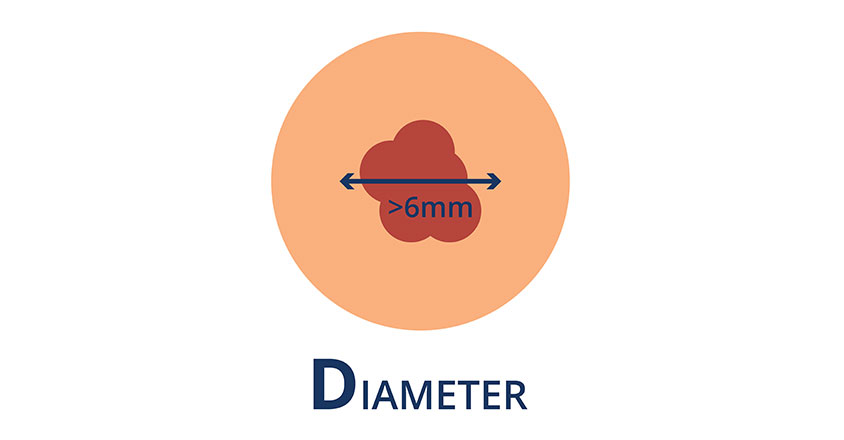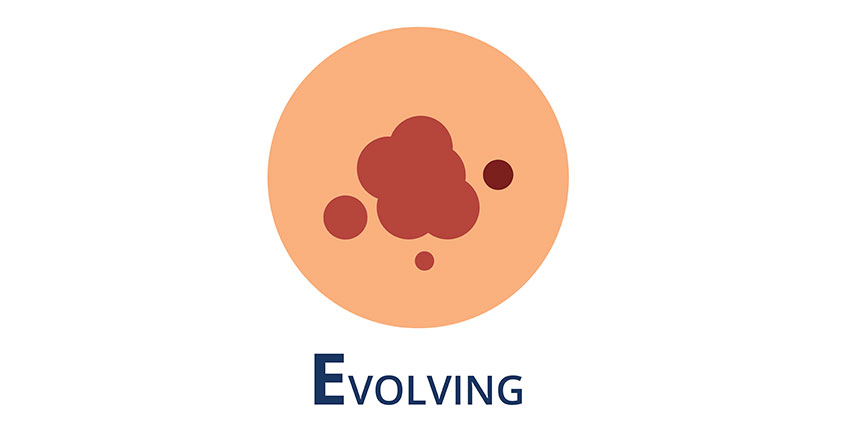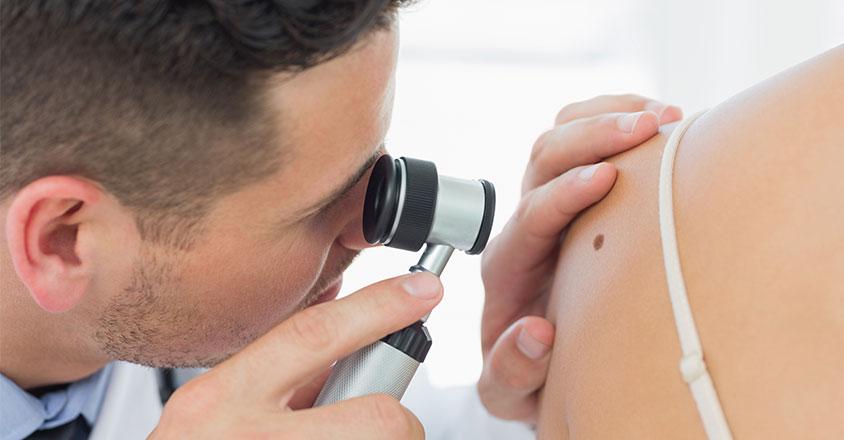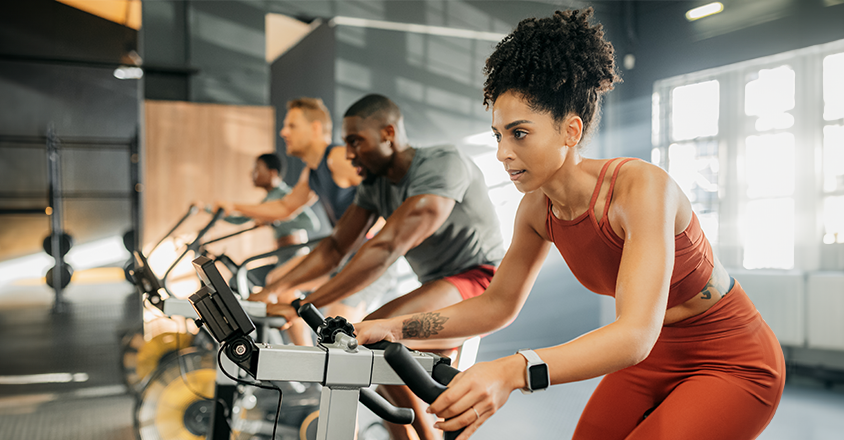Is head lice bugging you?
If you find yourself scratching your head not because you’re confused but because it itches, take note. Millions of people get head lice each year. Head-lice infestations are common in schools. In the United States, it is believed that about 6 to 12 million children between three and 12 years of age get head lice each year. And children are kind to share lice with parents, siblings and caregivers.
What causes head lice?
Head-to-head contact (think selfie poses) is the most common way to get head lice. The lice move from one person to the next by crawling. They cannot fly or jump. Having head lice does not mean you are dirty. Lice don’t care if your hair is squeaky-clean or in need of shampoo; it’s human blood they are after, which they need to survive.
It’s possible to get head lice by sharing everyday objects infested with lice, such as hats, scarves, coats, hair accessories, brushes, combs and towels. You can also get lice by resting your head on a bed, pillow, couch, chair, or rug that someone with head lice used.
Treatment
Sometimes, simply using a special comb can remove the lice and nits (eggs) from hair. While time-consuming, studies show that combing injures the lice, so they rarely survive.
There are over-the-counter lice shampoo treatments. Because the active ingredients have remained the same for years, new generations of head lice are becoming resistant. “If you are unable to get rid of the lice, there are prescription strength options,” said Katie Billingsley, APRN-CNP, Genesis Primary Care, New Lexington. “Lice is easily spread, so it’s important to be sure to eliminate all of them, including the nits.”
Ready to get healthy?
Sign up for our digital newsletters to receive health tips, recipes, success stories for inspiration and information about new doctors to help you on your journey to better health.
Genesis HealthCare System’s Health and Wellness content conveniently provides accurate and helpful information. Your health history and current health may impact suggestions provided through our Health and Wellness content. Although we hope this information is helpful, it is not a substitute for your doctor's medical advice. Before making any significant changes, please consult your doctor.
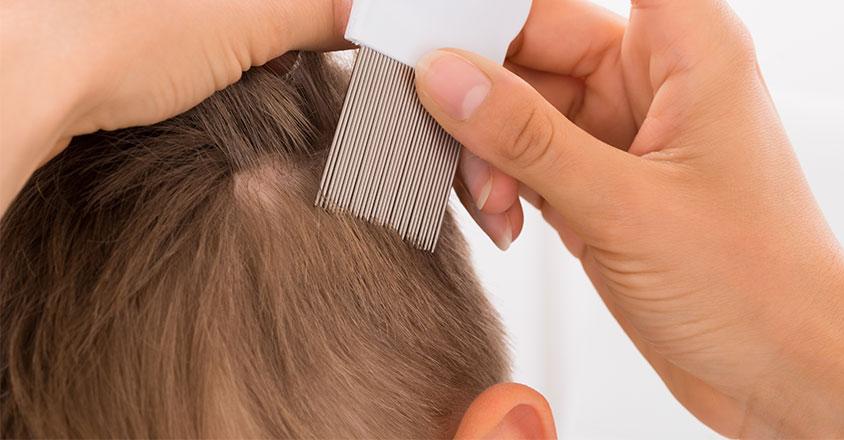
If you find yourself scratching your head not because you’re confused but because it itches, take note. Millions of people get head lice each year.
